INTERNATIONAL
Italian design house Pierpaolo Lazzarini has revealed plans for a gigantic $8bn turtle-shaped terayacht, with Saudi Arabia as the proposed location for the project.
If funded, the project would be the world’s largest water structure.
The boat, Pangeos, a name derived from the prehistoric supercontinent Pangea, could potentially house up to 60,000 guests.
The Lazzarini design house is known for its ambitious luxury transportation concepts. Earlier this year, it unveiled a flying superyacht concept powered by helium, named Air Yacht.
While the specific interiors of Pangeos have not yet been revealed, Lazzarini expects construction to start around 2033 and the eight-year project to cost around $8bn.
The design house revealed that the “floating city of the future” is divided into blocks, featuring hotels, shopping centres, rooftop parks, beach clubs, and even aircraft ports.
The terayacht will house 19 private villas and 64 apartments on each of the turtle wings, and will be equipped with nine HTS electric engines, each capable of 16,800 horsepower, which would allow the massive structure to cruise at a speed of five knots.
In its presentation of Pangeos, Lazzarini proposed Saudi Arabia as the location for the terayacht.
The designers posit that “due to a perfect scenario configuration and logistics, we imagined the shipyard to be based in Saudi Arabia” in an area with direct access to the sea.
Lazzarini envisages the King Abdullah Port, 81 miles north of Jeddah, as the ideal site for the terayacht shipyard, the construction would require building a circular dam and around one square kilometre of the sea to be cleared.
Pangeos virtual properties are now available for interested buyers. Through an Unreal Estate NFT crowdfunding initiative, people can buy any virtual space on the vessel, ranging from a regular passenger entrance ticket to a terrace or super villa.
“The purchased NFT will work also as deposit and exclusive rights from the virtual to the real space,” said Lazzarini.
Approving giant lavish architectural projects would not be something new for Saudi Arabia.
In recent years, Crown Prince Mohammed bin Salman, Saudi Arabia’s de facto leader, has been pushing forward ambitious projects with the aim of steering the kingdom’s economy away from petrodollars.
At the centre of these efforts are the planned construction of a $500bn futuristic desert city, Neom, and a $27bn megaproject in the holy city of Mecca.
So far, little has been constructed, but large sums have been paid to consultants and increasingly outlandish plans revealed. Yet Saudi authorities have sought to clear areas along 170km of northwestern Tabuk province of its residents, many of whom belong to the Howeitat tribe.
In September, two members of the tribe, Abdulilah al-Howeiti, and Abdullah Dukhail al-Howeiti, were handed a 50-year prison term and a 50-year travel ban for supporting their family’s refusal to be forcibly evicted from their homes in Tabuk.
The tribe and human rights groups have raised their concerns with the companies working on Neom, including an open letter to three consultancies calling on them to cease their engagement “unless and until” adverse human rights impacts were addressed.
Source: Middle East Eye
Photo: Lazzarini Design Studio

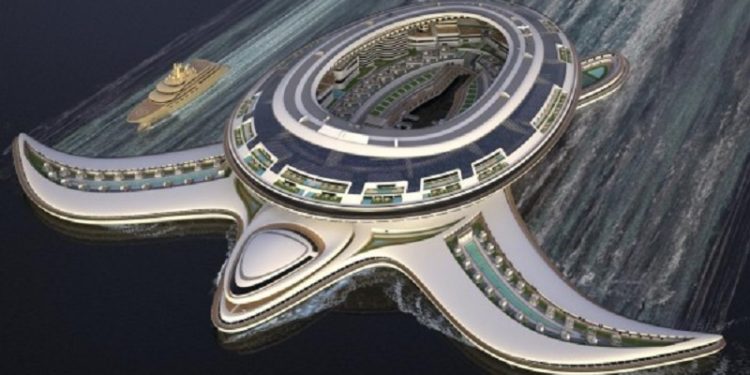
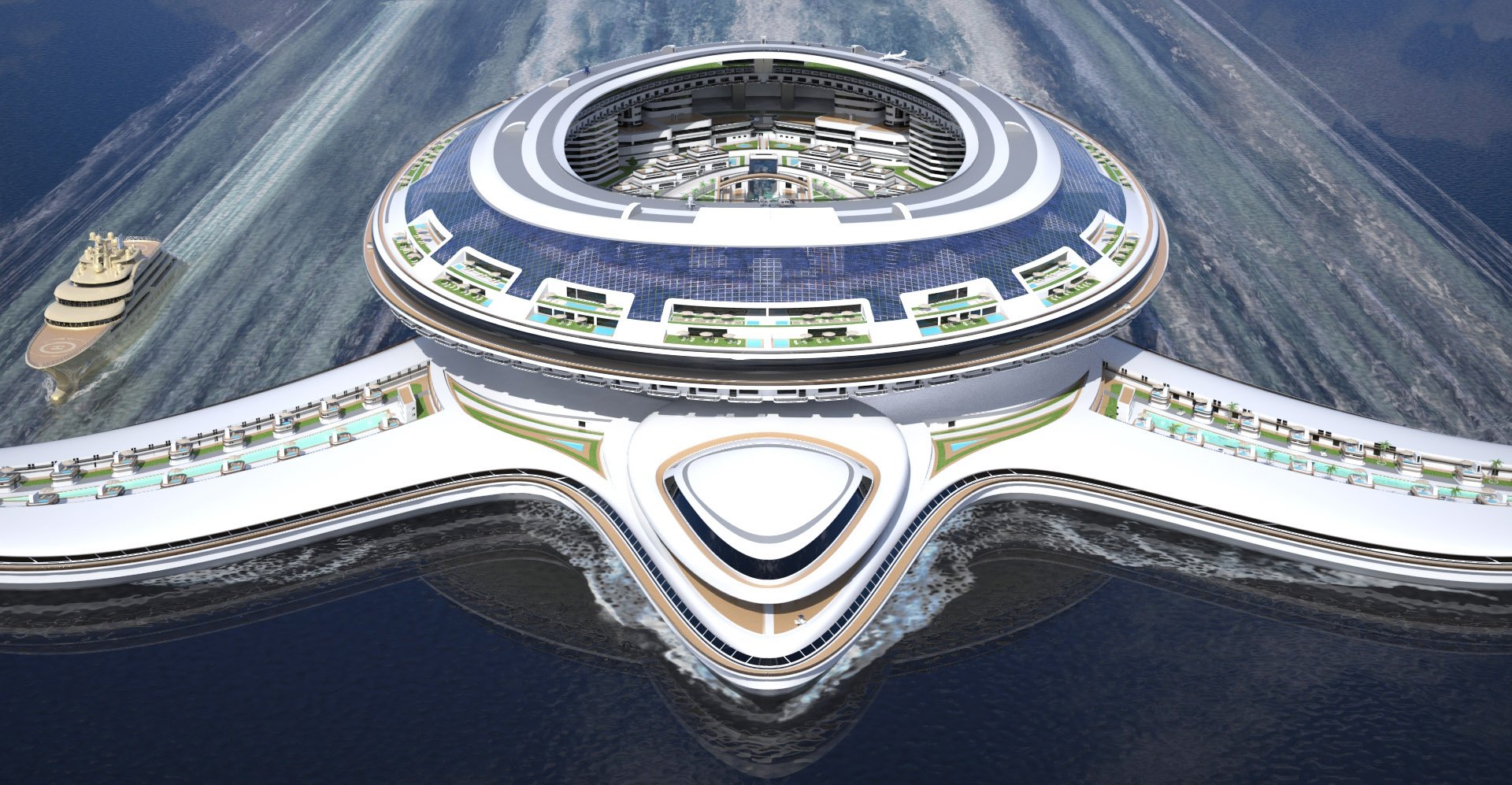
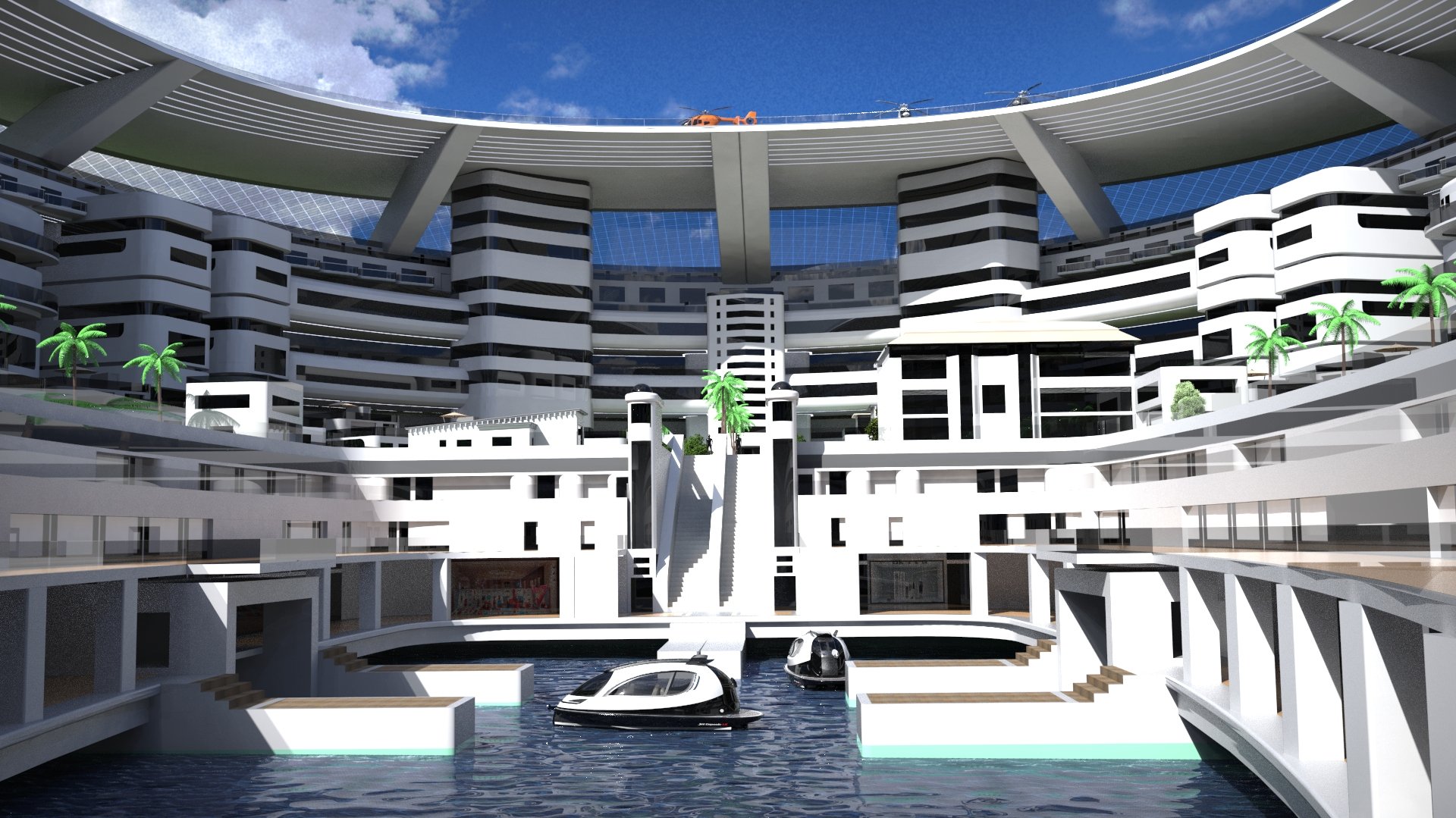
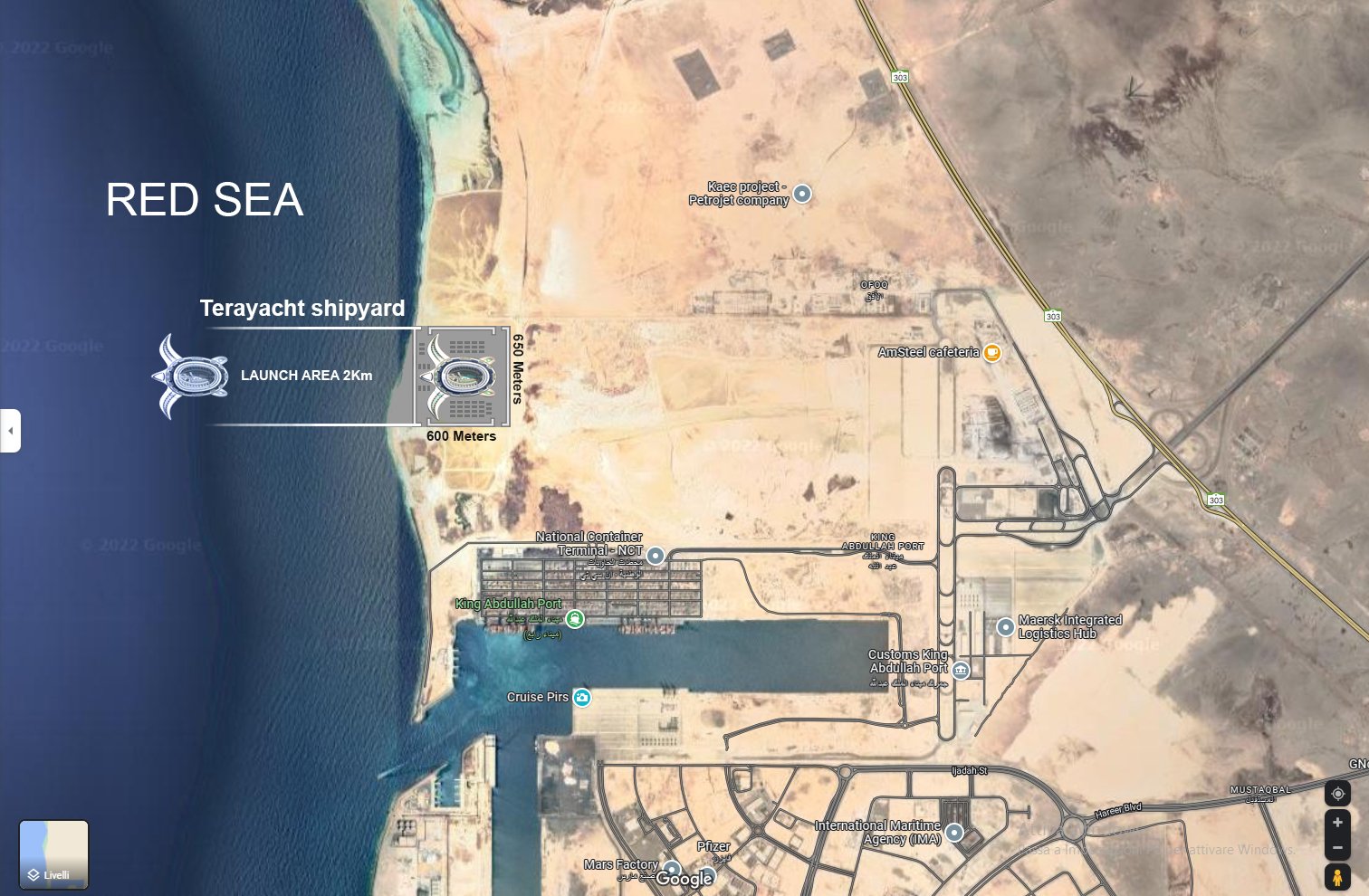
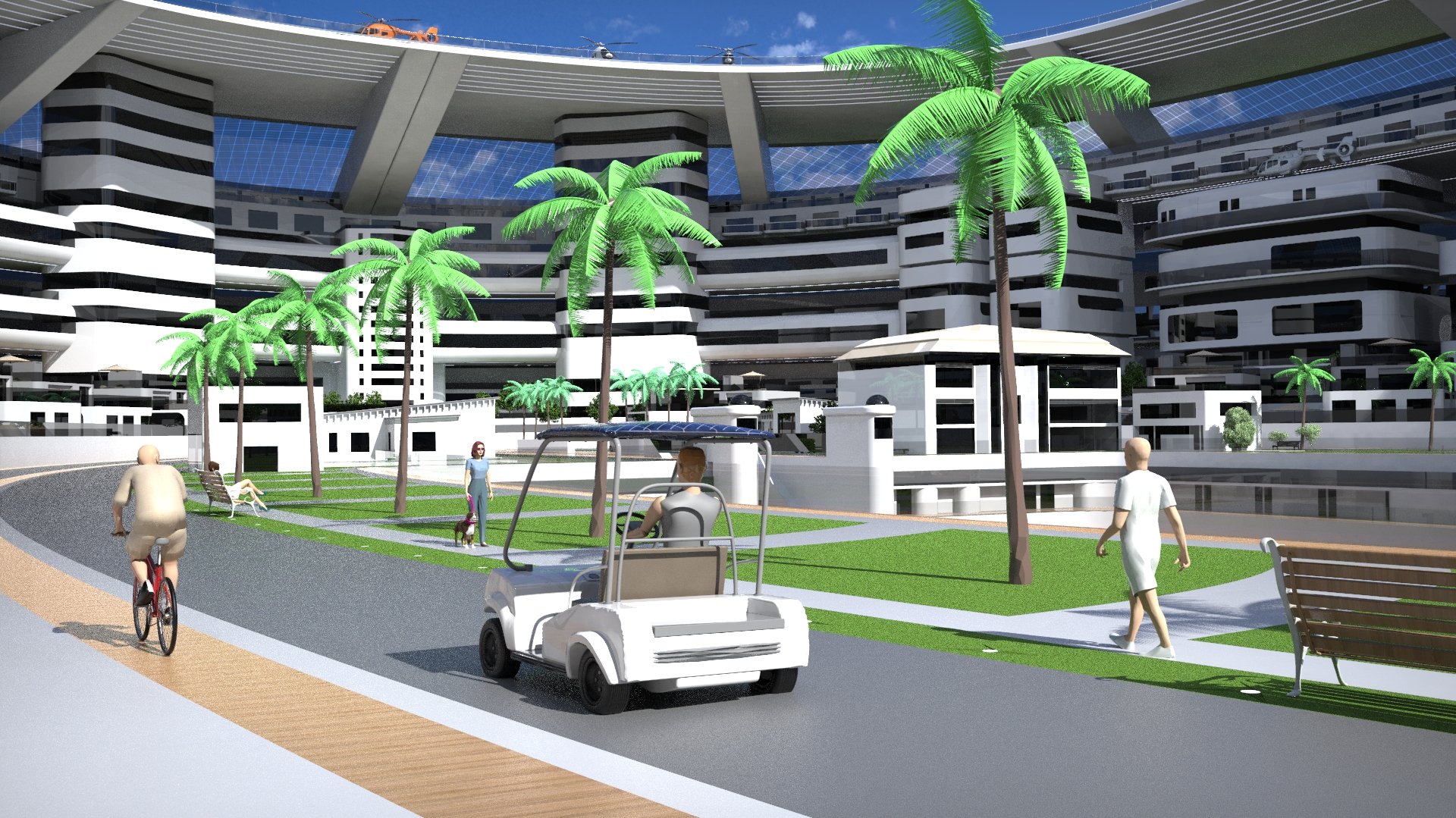




 WhatsApp us
WhatsApp us 

